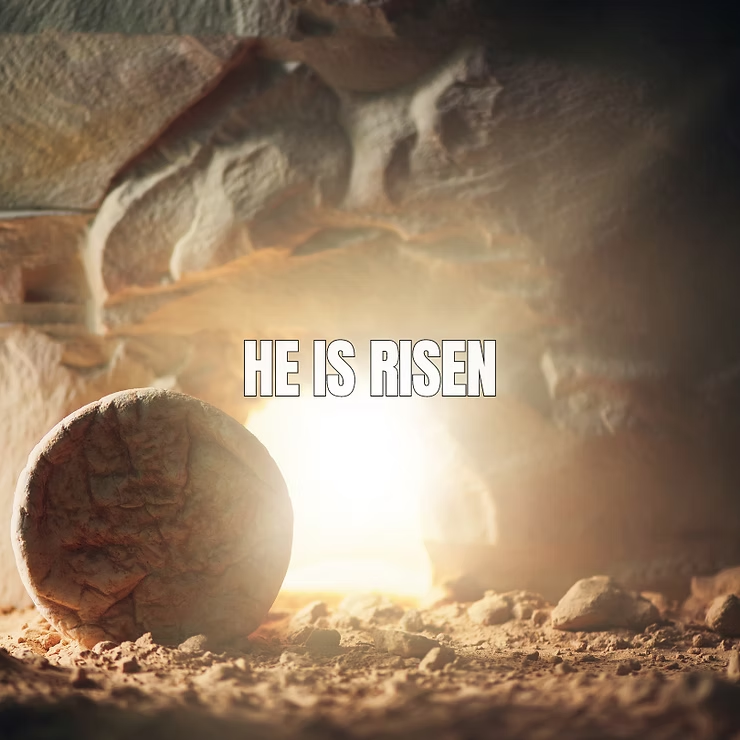The Resurrection: Foundation of Christian Faith
Matthew 28’s declaration “He is risen” stands as the cornerstone of Christian belief, affirming Christ’s victory over death and validating His divine nature. This transformative event carries profound theological significance for believers throughout history.
The Empty Tomb Narrative
- Historical verification: Multiple eyewitness accounts confirm the resurrection event
- Angel’s proclamation: “He is not here; he has risen” (Matthew 28:6)
- Women as first witnesses: Mary Magdalene and other women received the announcement first
Theological Significance
| Aspect | Implication |
|---|---|
| Divine Validation | Confirms Jesus as Son of God (Romans 1:4) |
| Victory Over Sin | Breaks power of death (1 Corinthians 15:54-55) |
| Eternal Hope | Guarantees believers’ resurrection (1 Thessalonians 4:14) |
The Great Commission Connection
Christ’s resurrection authority undergirds the disciples’ mission to “make disciples of all nations” (Matthew 28:18-20), establishing the church’s evangelistic mandate.
Contemporary Relevance
- Assurance of salvation for believers
- Power for daily Christian living
- Hope in facing mortality
- Motivation for evangelism
Key Resurrection Appearances in Matthew 28
- To Mary Magdalene and the other Mary (28:9-10)
- To the Eleven disciples in Galilee (28:16-20)
Responses to the Resurrection
- Women: Fearful yet joyful obedience
- Disciples: Worship mixed with doubt
- Religious leaders: Denial and deception

